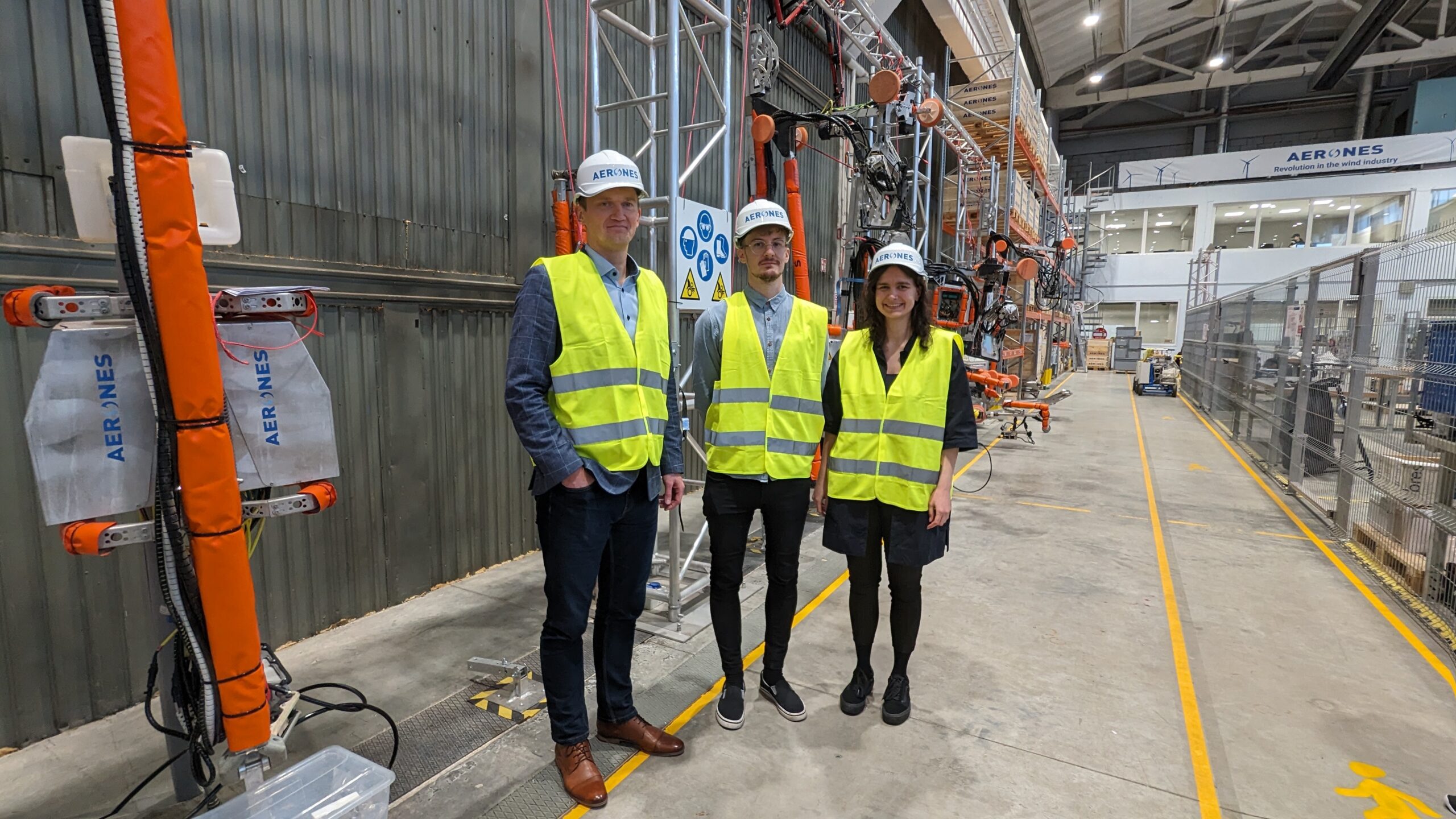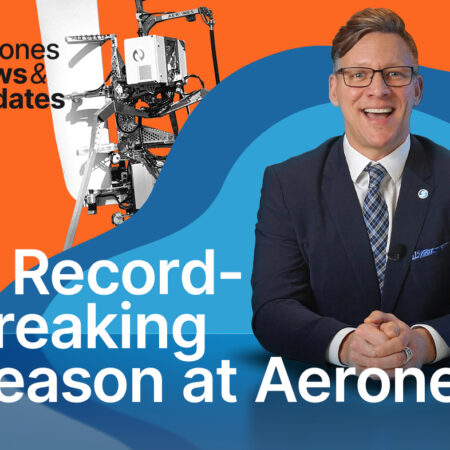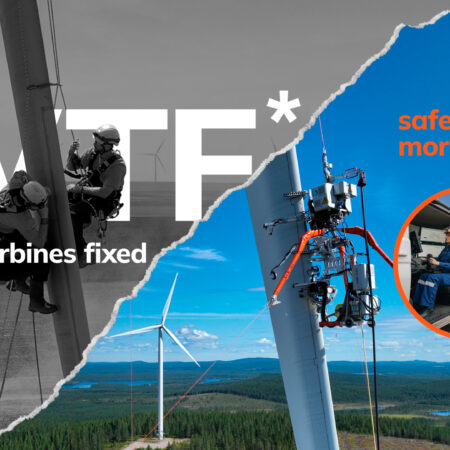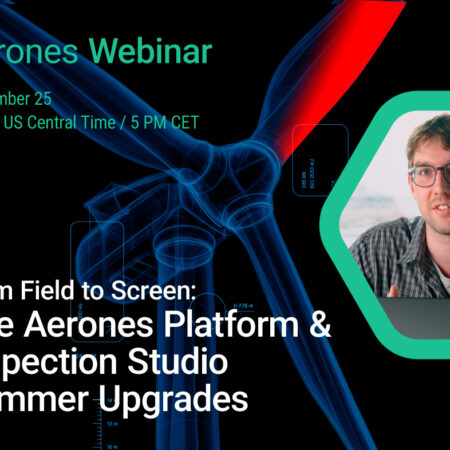Aerones teams up with Krakul to develop open circuit detection solution for wind turbines
Aerones, the robotic wind turbine care service provider, is partnering with Krakul, an Estonian developer of IoT and autonomous systems, to develop a prototype device for open circuits detection in wind turbine lightning protection systems. The development is funded by a €80,000 grant from the European Union’s Silicon Eurocluster project.
The joint project aims to develop a device that can detect open circuits in lightning protection systems with 500 mm accuracy using radio communication technology. The completed prototype will be tested, validated and demonstrated in a working environment, enabling efficient repair of wind turbine rotor blades and potentially benefiting other industries using lightning protection systems. The development process focuses on environmental sustainability and component recyclability.
Aerones teamed up with Krakul when Aerones was seeking a development partner with which to apply for a funding competition.
“Aerones is an exciting company in an important sector, and the work is intriguing for our engineers,” says Kristjan Tozen, CEO of Krakul, of the partnership.
Following the solution’s validation, Tozen indicated that Aerones, which currently serves over 50% of the global wind turbine market, plans to launch the developed system in the market.
“The new solution will not only strengthen Aerones’ position in the field but will also allow them to cover an even broader spectrum of tasks in wind turbine maintenance,” said Tozen.
Both the Latvian and Estonian teams are optimistic about future collaborations. “Continuous innovation is in the DNA of both companies. I believe we can support Aerones with our engineering expertise in future projects as well,” states Tozen.
The Silicon Eurocluster initiative aims to strengthen micro- and nanoelectronics sectors in Europe and promote environmentally friendly, sustainable and digital solutions. In October, 12 projects were selected from 61 European consortia, each of which will receive €80 000 for development.






